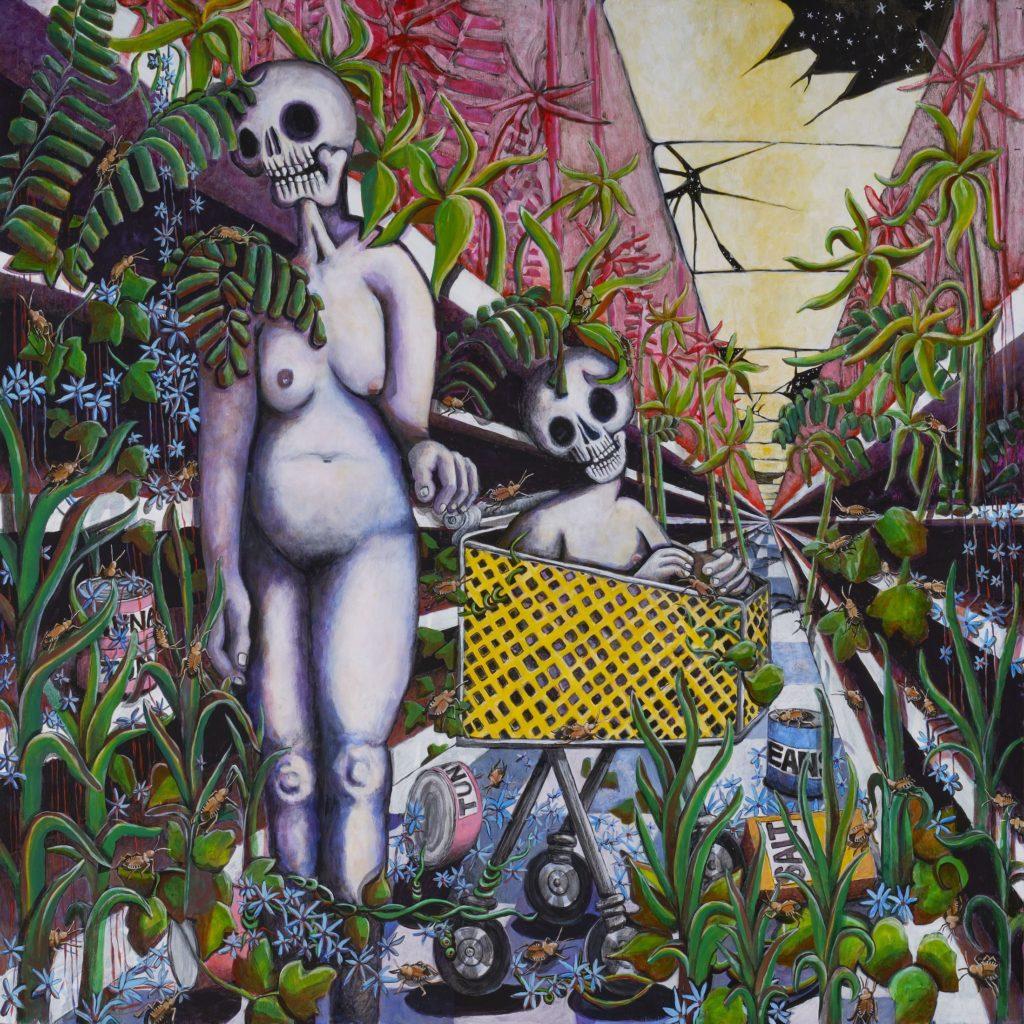Have you ever seen the cartoon where the character is trying to plug the hole of a sinking boat, only for two more to appear? The result is always the same: a sunken boat and a lot of flailing.
On “Any Shape You Take,” North Carolina singer Indigo De Souza goes on a journey of trying to fix everything that’s falling apart – except herself.
Featuring ten songs, the melody and production are by far the most effective parts of a nearly flawless album. De Souza achieves this by maintaining the same themes of grief, anxiety and self-discovery across the album, despite making each track sound uniquely different.
For the opener, “17,” De Souza glides over beautiful synths and manipulates her voice through a vocoder as she makes coy suggestions to a lover from her teenage years that she longed to rescue.
“Won’t you just bend?” she asks softly. “This is the way I’m going to bend.”
Throughout the album, De Souza tiptoes around the borderline of desperation and a savior complex, such as on the Prince-influenced track “Hold U.” The background of the track features soft-clapping percussion as she tries to cling on to someone to stop herself from falling into an uncomfortable void.
“You are a good thing, I’ve noticed, I’ve seen it,” she assures him. “And I want the best things for you. I am a good thing and I promise you’ve got me.”
On “Darker Than Death,” De Souza desperately tries to understand what it was she did that caused her lover to leave.
“Was it something I said?” she asks constantly, leaving the question hanging uncomfortably by the conclusion of the song.
De Souza tackles her grief on tracks “Pretty Pictures” and “Real Pain.” The latter track is especially gut-wrenching at its midpoint, when it climaxes into a mix of warped screams and animal shrieking to startling effect.
“Die/Cry,” finds De Souza falling into a deeper void of desperation as she acknowledges that she would rather die than see her lover cry. By the end of the song, she even goes as far as to say that she would rather die before he does.
However, no matter how hard she tries, De Souza can’t escape the void. On “Way Out,” she is desperately trying to find a way out of the world that is unraveling around herself.
“I’m looking for a way out,” she sings. “There’s too many ghosts in here.”
For De Souza, the only way out of the void is death. On the best and final track, “Kill Me,” De Souza suggests that her lover kills her and follows suit to make their love last forever.
“Kill me, slowly,” she implores. “Take me, with you, down to the garden, where magnolias bloom.”
There’s comfort in letting the boat sink.
cjrtxd@umsystem.edu








